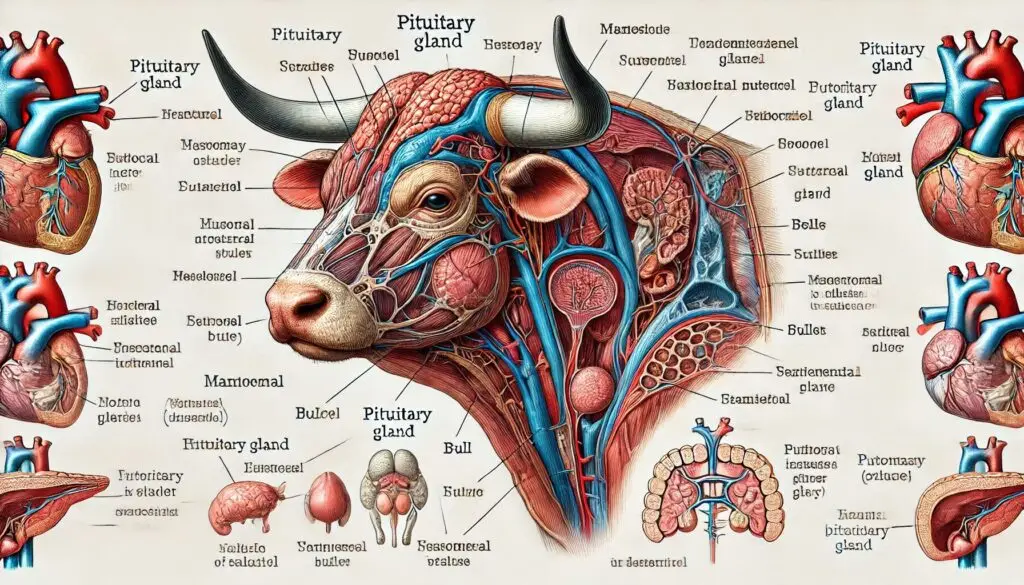Endocrine Disorders

Endocrine disorders encompass a wide range of conditions that arise from dysfunction in the endocrine system, which is responsible for hormone production and regulation. These disorders can significantly impact various bodily functions, including metabolism, growth, and mood. This article provides a comprehensive overview of endocrine disorders, their symptoms, diagnostic methods, and treatment options.
What Are Endocrine Disorders?
Endocrine disorders occur when there is an imbalance in hormone levels, either due to excessive production or insufficient secretion of hormones. The endocrine system includes several glands, such as the pituitary, thyroid, adrenal glands, pancreas, ovaries, and testes, each playing a crucial role in maintaining hormonal balance.
Common Types of Endocrine Disorders
- Diabetes Mellitus: A chronic condition that affects how the body processes glucose. It is categorized into Type 1 (autoimmune destruction of insulin-producing cells) and Type 2 (insulin resistance).
- Thyroid Disorders:
- Hypothyroidism: Underproduction of thyroid hormones, leading to symptoms like fatigue, weight gain, and depression.
- Hyperthyroidism: Overproduction of thyroid hormones, causing weight loss, anxiety, and increased heart rate.
- Polycystic Ovary Syndrome (PCOS): A hormonal disorder in women characterized by irregular menstrual cycles, excess androgen levels, and polycystic ovaries.
- Cushing’s Syndrome: Caused by prolonged exposure to high cortisol levels, leading to symptoms such as weight gain, high blood pressure, and mood changes.
- Addison’s Disease: A condition where the adrenal glands do not produce enough hormones, resulting in fatigue, low blood pressure, and darkening of the skin.
- Acromegaly: A disorder caused by excess growth hormone, leading to enlarged bones and tissues, particularly in the face and hands.
- Prolactinoma: A benign tumor of the pituitary gland that produces excess prolactin, causing symptoms like infertility and changes in menstrual cycles.
Symptoms of Endocrine Disorders
The symptoms of endocrine disorders can vary widely depending on the specific condition and the hormones involved. Common symptoms include:
- Fatigue: Persistent tiredness that does not improve with rest.
- Weight Changes: Unexplained weight gain or loss.
- Mood Swings: Increased irritability, anxiety, or depression.
- Changes in Appetite: Increased hunger or loss of appetite.
- Menstrual Irregularities: Changes in menstrual cycle frequency or intensity.
- Skin Changes: Dry skin, hair loss, or excessive hair growth.
- Increased Thirst and Urination: Particularly common in diabetes.
- Muscle Weakness: Generalized weakness or difficulty in physical activities.
Diagnosing Endocrine Disorders
Diagnosing an endocrine disorder often requires a comprehensive approach due to the complexity of the endocrine system. Physicians may utilize the following methods:
- Medical History and Physical Examination: A thorough assessment of symptoms and family history.
- Blood Tests: To measure hormone levels and assess organ function.
- Urine Tests: To evaluate hormone excretion and metabolic function.
- Imaging Studies: Such as ultrasound, CT scans, or MRI to identify structural abnormalities in glands.
- Stimulation or Suppression Tests: To evaluate the function of specific glands by measuring hormone responses to administered substances.
- Genetic Testing: In cases where hereditary conditions are suspected.
Treatment Options for Endocrine Disorders
Treatment for endocrine disorders varies significantly based on the specific condition and its severity. Common treatment approaches include:
- Hormone Replacement Therapy: For conditions like hypothyroidism or adrenal insufficiency, where hormone levels need to be restored.
- Medications: To manage symptoms and correct hormonal imbalances, such as insulin for diabetes or anti-thyroid medications for hyperthyroidism.
- Surgery: In cases of tumors or structural abnormalities affecting hormone production, surgical intervention may be necessary.
- Lifestyle Modifications: Dietary changes, exercise, and stress management can play a crucial role in managing symptoms and improving overall health.
- Regular Monitoring: Continuous follow-up with healthcare providers to adjust treatment plans as needed.
Conclusion
Endocrine disorders represent a significant health concern due to their widespread impact on bodily functions and quality of life. Early diagnosis and appropriate treatment are essential for managing these conditions effectively. Individuals experiencing symptoms suggestive of an endocrine disorder should seek medical evaluation to ensure timely intervention and care.
For more pearls of Vets Wisdom:




Responses